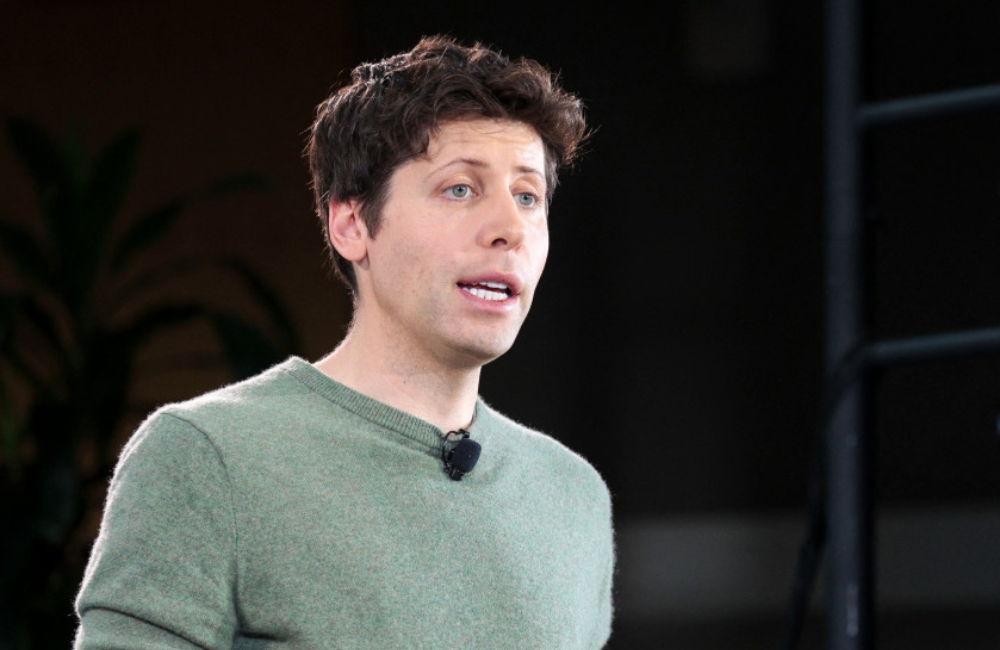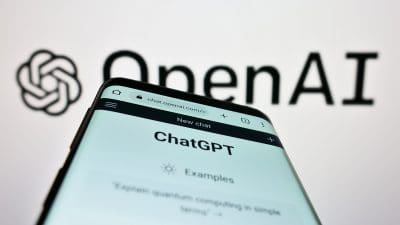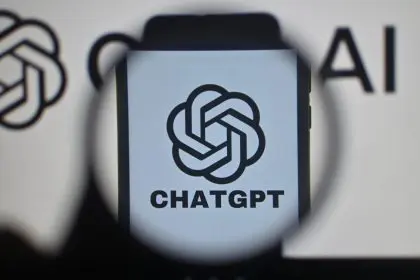OpenAI has introduced CriticGPT, a new tool designed to assist developers in identifying and correcting errors in code generated by ChatGPT.
This model is based on GPT-4 and, according to OpenAI, it’s like having a superhero sidekick for your coding projects. The company claimed those who use it “outperform those who don’t get the help by 60 percent.”
“We’ve trained a model, based on GPT-4, called CriticGPT to catch errors in ChatGPT’s code output,” OpenAI said in a recent blog post. “We found that when people get help from CriticGPT to review ChatGPT code they outperform those without help 60 percent of the time. We are beginning the work to integrate CriticGPT-like models into our RLHF labeling pipeline, providing our trainers with explicit AI assistance. This is a step towards being able to evaluate outputs from advanced AI systems that can be difficult for people to rate without better tools.”
“The GPT-4 series of models, which powers ChatGPT, is aligned to be helpful and interactive through ‘Reinforcement Learning from Human Feedback’ (RLHF),” the post continued, highlighting the sophisticated nature of the GPT-4 series. “A key part of RLHF is collecting comparisons in which people, called AI trainers, rate different ChatGPT responses against each other.”
As ChatGPT evolves, its accuracy improves — and its mistakes become sneakier. This subtlety makes it harder for AI trainers to detect inaccuracies, complicating the RLHF process.
“As we make advances in reasoning and model behavior, ChatGPT becomes more accurate and its mistakes become more subtle. This can make it hard for AI trainers to spot inaccuracies when they do occur, making the comparison task that powers RLHF much harder. This is a fundamental limitation of RLHF, and it may make it increasingly difficult to align models as they gradually become more knowledgeable than any person that could provide feedback,” OpenAI acknowledged.











